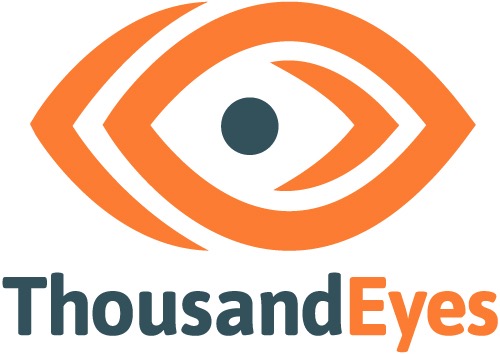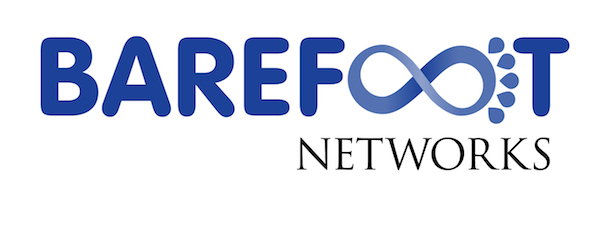ACM SIGCOMM Anti-Harassment Policy
The open exchange of ideas and the freedom of thought and expression are central to ACM’s aims and goals. These require an environment that recognizes the inherent worth of every person and group, that fosters dignity, understanding, and mutual respect, and that embraces diversity. For these reasons, ACM is dedicated to providing a harassment-free experience for participants at our events and in our programs.
Harassment is unwelcome or hostile behavior, including speech that intimidates, creates discomfort, or interferes with a person’s participation or opportunity for participation, in a conference, event or program. Harassment in any form, including but not limited to harassment based on alienage or citizenship, age, color, creed, disability, marital status, military status, national origin, pregnancy, childbirth- and pregnancy-related medical conditions, race, religion, sex, gender, gender identity, sexual orientation, veteran status, or any other status protected by laws in which the conference or program is taking place, will not be tolerated. Harassment includes the use of abusive or degrading language, intimidation, stalking, harassing photography or recording, inappropriate physical contact, and unwelcome sexual attention. A response that the participant was “just joking”, or “teasing”, or being “playful”, will not be accepted because that conduct is unwelcome.
We recognize that there is an inherent power imbalance between senior and junior members of the community. Senior members hold real power over junior members’ career advancement. Thus, a junior member may feel pressured to accept a social invitation from a senior member, or be reluctant to speak up, when made uncomfortable. This inducement of discomfort in a junior member by a senior member may constitute harassment.
If you have any questions regarding the policy, please contact the conference General Chairs, the current SIGCOMM Chair (Roch Guerin), or the current SIGCOMM Vice-Chair (Aditya Akella).
Reporting of Harassment
If you believe you have been harassed or notice that someone else is being harassed, you are encouraged to report the incident in confidence (even if it does not clearly fit into the description of harassment in the policy) either by email or in person to one of the conference General Chairs, the current SIGCOMM Chair (Roch Guerin), or the current SIGCOMM Vice-Chair (Aditya Akella). The SIG Chair/Vice Chair will be available to help even if not physically present. You can also ask any volunteer at the conference, who will all be wearing distinctive clothing, to arrange an immediate meeting with one or more of these named individuals.
Once safe from any further harassment, we’ll ask you to tell us about what happened. Sometimes it can be difficult to confide in people you don’t know personally. In this case we recommend you talk with an advisor, close colleague, or someone with whom you share a minority identity who you are comfortable sharing your story with and who is willing to help you make a report to the General Chairs and SIG Chairs. You may bring this person – or anyone you prefer to have with you – to talk to the chairs; they can also help you send a written email report.
The SIG and General Chairs are committed to handling your complaint respectfully. You won’t be asked to confront anyone. If you want, our team will be happy to help you contact hotel/venue security, local law enforcement, local support services, provide escorts, or otherwise assist you to feel safe for the duration of the event.
Anyone asked to stop harassing behavior is expected to comply immediately. Acts of retaliation will attract severe consequences.
Follow Up
All reports of alleged harassment will be addressed expeditiously and jointly by the SIGCOMM Chair and Vice Chair, representing the Executive Committee (EC), and General Chair(s) of the conference where the event took place. These officers will determine if any inappropriate conduct has occurred. If they determine that such conduct has occurred, the EC will issue a written warning to the offender. Note that the EC reserves the right to expel or ban offenders without prior warning. Moreover, the EC may warn a given offender no more than twice before invoking additional sanctions. These additional sanctions may include, but are not limited to:
- Expulsion from a conference currently in progress.
- A year-long ban in participation at the conference/event where the harassment took place.
- A permanent ban from participation in all SIGCOMM-sponsored conferences and events, to be lifted only by a future meeting of the Executive Committee and chairs of a future conference.
- A permanent ban on being allowed to serve as a member of the technical program committee at SIG-sponsored events, to be lifted only by the Executive Committee.
Confidentiality
Your report will be kept as confidential as possible: it will be known only by the person you confide in, the conference General Chair(s), and the SIGCOMM Chair and Vice Chair. A written record on every reported incident will be made available to future SIG Chairs/Vice Chairs to preserve institutional memory. It is your choice whether you would like your name to be mentioned in this record, or used as part of the investigation (i.e., when the investigators interview others involved) at all. If the investigation determines that one or more violations occurred, the name of the offender will be included in the report. If the report raises the possibility of criminal wrongdoing, the appropriate authorities will be notified, in consultation with, and the explicit approval of, the person(s) being harassed.
Caveat
If the person being investigated is one of the General Chairs or one of the two named SIG officials, then that person will be excluded from the investigation. If a person named in one or more written records becomes a future SIG Chair or Vice Chair, they will not be given those records.




















